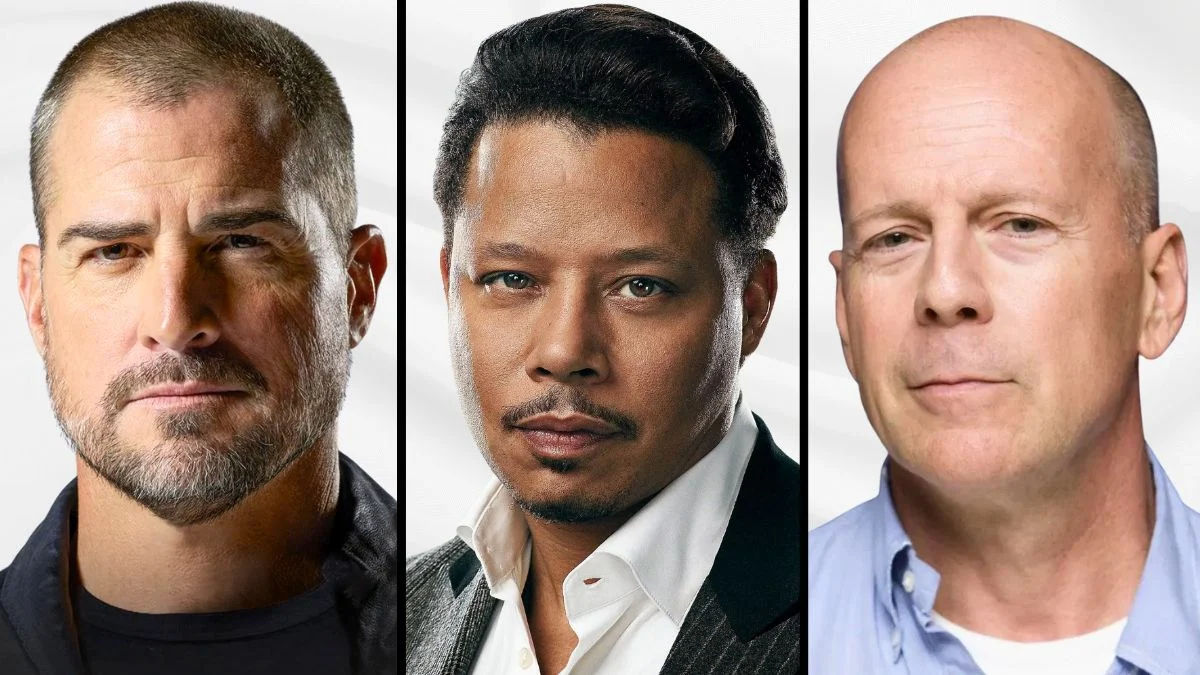
Asking for a higher salary can sometimes drastically change a TV show or major movie series. Discussions can break down, leading to arguments, and producers might choose to continue without a particular actor. This can have significant consequences, impacting the show or movie series itself, future projects, and everyone’s career.
This article details twenty instances where actors requested higher salaries, leading to their departure from a project – either through firing, recasting, or a surprise exit. It covers each actor’s salary request, the studio’s reaction, and who replaced them.
Suzanne Somers

While starring in ‘Three’s Company,’ Suzanne Somers became very popular as Chrissy Snow and asked to be paid the same amount as her male co-star, as well as receive a portion of the show’s profits. When discussions became difficult, her role was significantly reduced to quick appearances on the phone until the disagreement was resolved.
After the disagreement, the studio ended their working relationship with the actress and continued the show with a new cast. She then went on to star in her own shows and focus on fitness, demonstrating how a single contract dispute can completely change someone’s career path.
Valerie Harper
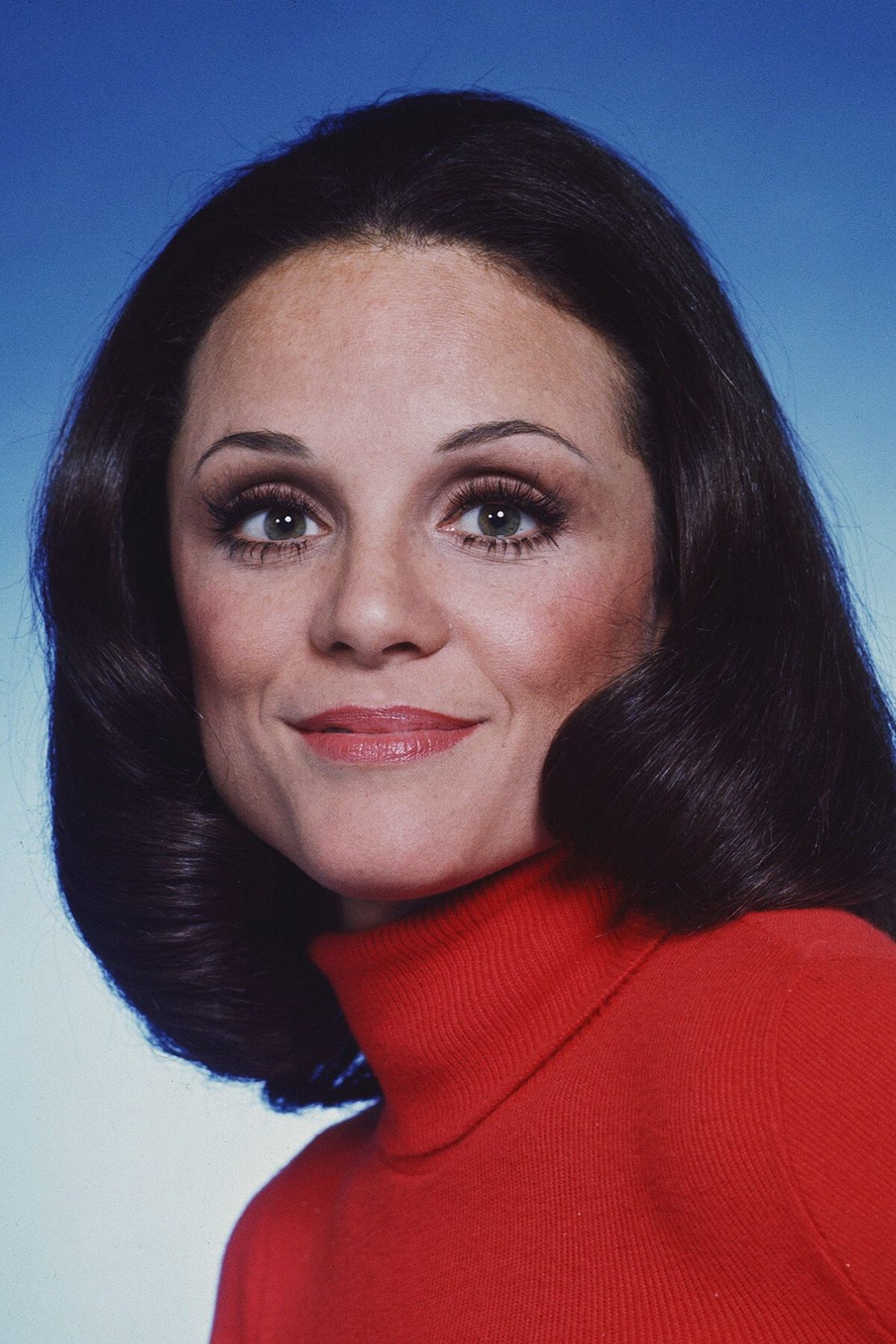
After her sitcom ‘Valerie’ achieved high ratings, Valerie Harper requested a salary increase and improved contract terms. Negotiations failed, and the show’s producers ultimately fired her during the season, requiring them to quickly rework the series.
The network renamed the show ‘The Hogan Family’ and adjusted the plotlines to focus on the actors who stayed. However, Harper sued over being let go, and the resulting legal battle became a well-known instance of how disagreements over pay can change who owns and gets credit for a television show.
Jorja Fox
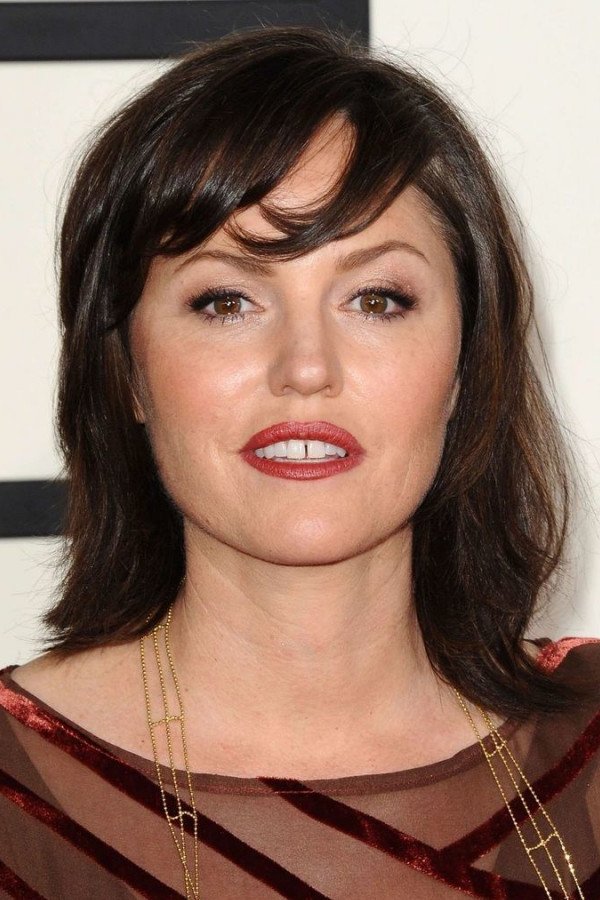
When ‘CSI’ was at its most popular, Jorja Fox asked for a raise, along with the show’s other main actors. After negotiations stalled, she didn’t show up for work, and the studio responded by threatening to fire her in order to avoid delays in filming.
Thankfully, things were quickly resolved and she came back to the show! The whole situation really showed me how these popular procedural dramas have a lot of power. They can protect their filming schedules, even while important actors are trying to negotiate better pay. It was a reminder of how much is at stake for everyone involved.
George Eads
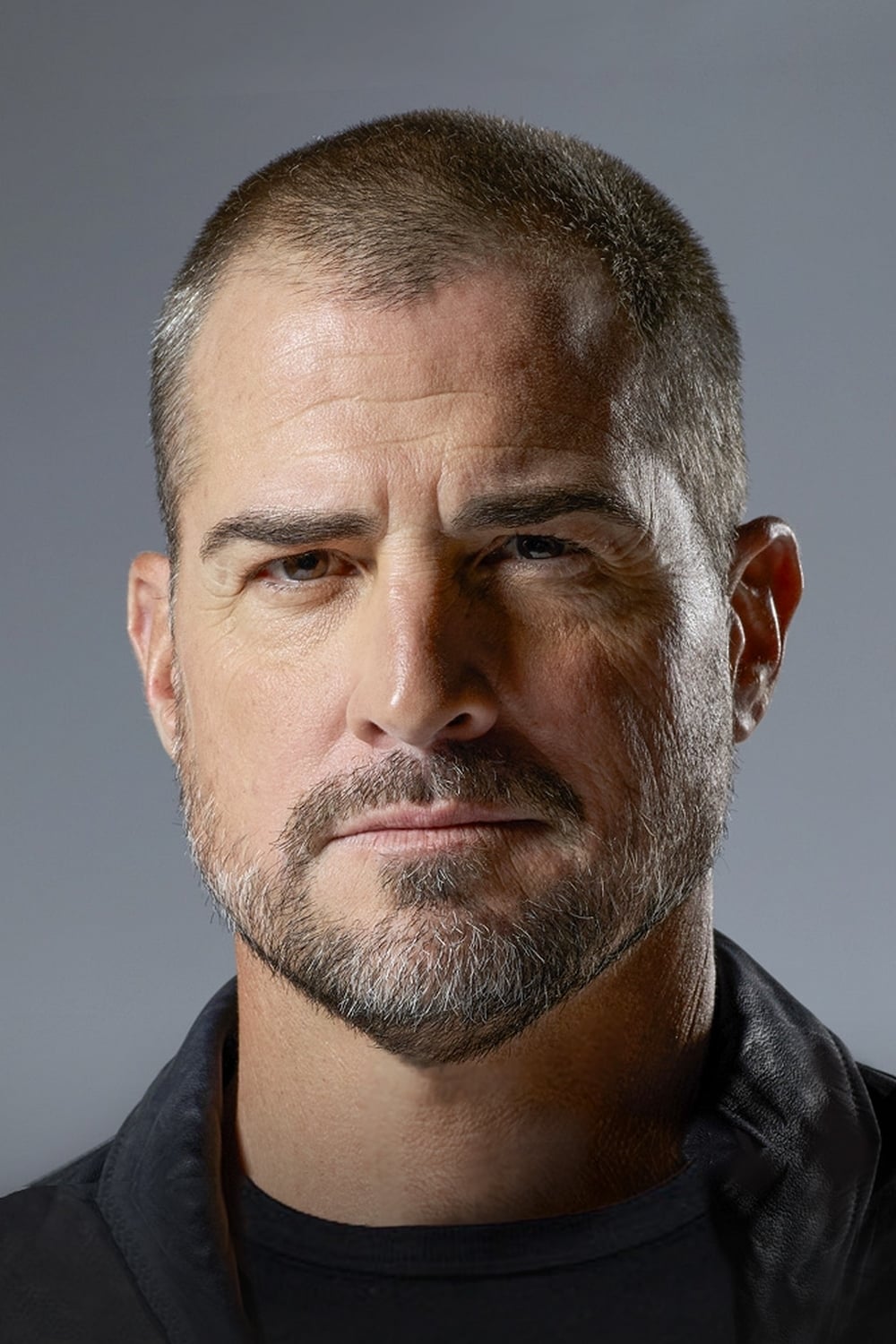
During a salary disagreement with ‘CSI’, George Eads and Jorja Fox both refused to return to work. As a result, the show fired Eads after he didn’t meet the required attendance standards while talks were still happening.
The deadlock was resolved with a new agreement, and Eads quickly returned to work. The situation highlighted how quickly a studio will take action to safeguard a costly series when multiple contracts are nearing expiration.
Terrence Howard
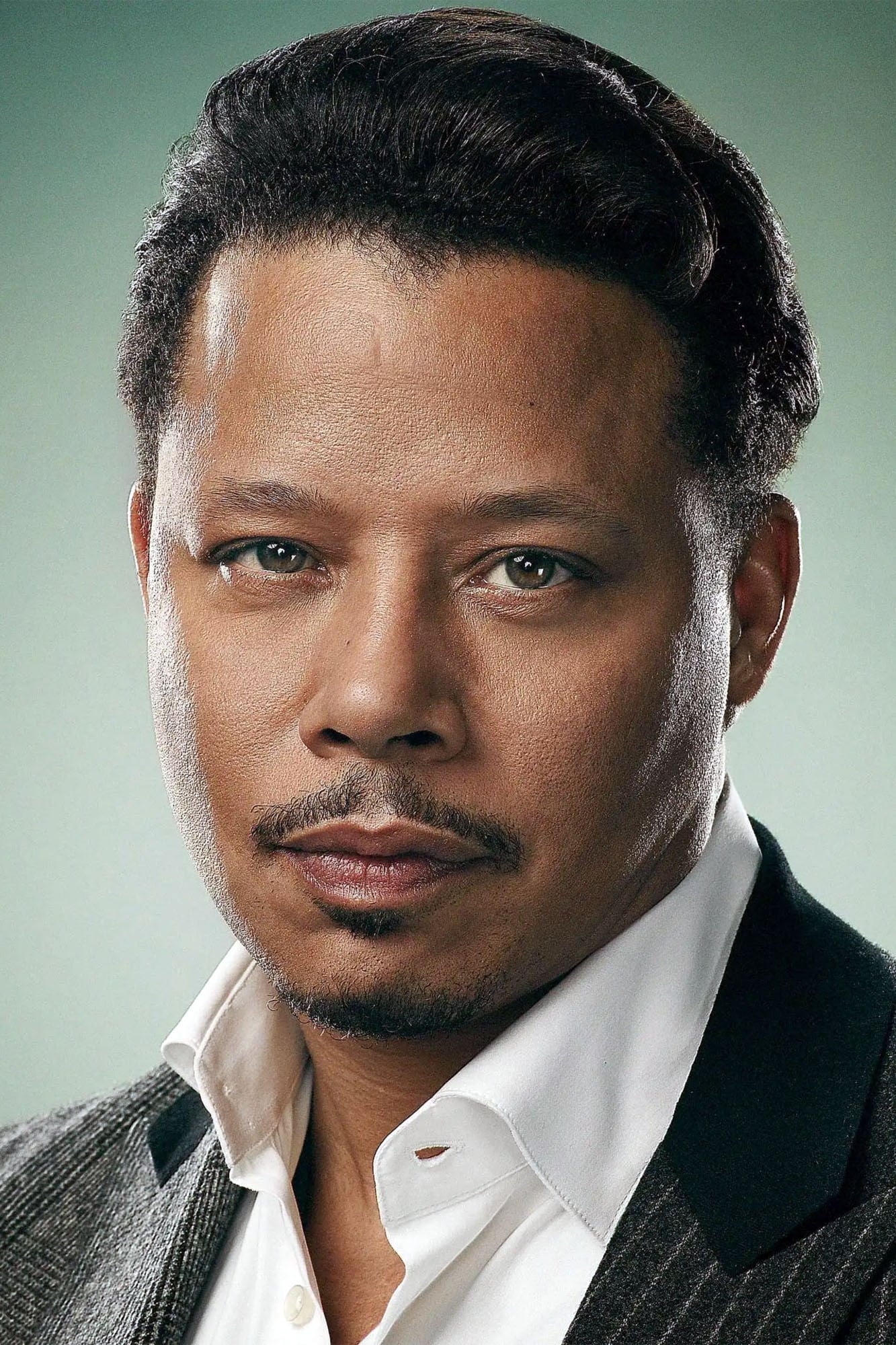
Following the success of the first ‘Iron Man’ movie, Terrence Howard anticipated a larger salary for reprising his role as James Rhodes. However, the offer he received was less than he’d hoped for, and talks ultimately broke down without an agreement.
After the first ‘Iron Man’ movie, Marvel replaced Terrence Howard with Don Cheadle for the role of James Rhodes. This change demonstrated that keeping the film series on schedule was more important to the studio than meeting one actor’s salary demands, highlighting how these shared universes focus on maintaining production momentum.
Edward Norton

Edward Norton first portrayed Bruce Banner in ‘The Incredible Hulk’ and then began discussing his salary and role in the upcoming ‘The Avengers’ movie. However, he and the studio couldn’t reach an agreement on pay and how he would work on the film, ultimately leading to him not being involved.
As a huge Marvel fan, I always found it fascinating how they handled the Hulk. They moved on from Edward Norton and brought in Mark Ruffalo, seamlessly continuing the story. It really showed how the studio wasn’t afraid to make changes – even to key characters – if things weren’t working out creatively or financially. It basically set a precedent for them to swap out actors if needed, prioritizing the overall vision for the films.
Bruce Willis

I was really bummed to hear about Bruce Willis not being in ‘The Expendables 3’! Apparently, he asked for more money than the producers wanted to pay, especially since he only had a limited time to film. Negotiations fell apart pretty quickly, and they ended up going with someone else for the role. It was a shame, I was looking forward to seeing him back!
Harrison Ford joined the series, and it continued to feature a team of actors. This showed that action franchises can successfully continue even after a major star leaves, especially when budget concerns are a factor.
Crispin Glover

Crispin Glover asked for more money to reprise his role as George McFly in ‘Back to the Future Part II’. When producers refused his request, they decided to move forward with a look-alike and makeup instead.
As a critic, I remember the Danny Glover situation with the *Lethal Weapon* films being a real turning point. He fought to control how his image was used, and ultimately won a settlement that changed the game for actors in sequels. It wasn’t just about money, though; the case actually set a legal precedent, defining how far studios can go when they recast or digitally recreate a performer. It became a standard example lawyers used in contract negotiations, and it’s still relevant today.
Janet Hubert

Janet Hubert began discussing a contract renewal for ‘The Fresh Prince of Bel-Air,’ but she was worried about her salary and how many episodes she’d be in. The new contract offered her a smaller role and less pay than she felt she deserved, considering how much she contributed to the show’s success.
After failing to reach an agreement, the show replaced Aunt Viv with Daphne Maxwell Reid and continued airing. This demonstrated how a sitcom that’s been on for a long time can still stay popular even when a key family member is recast.
Delta Burke
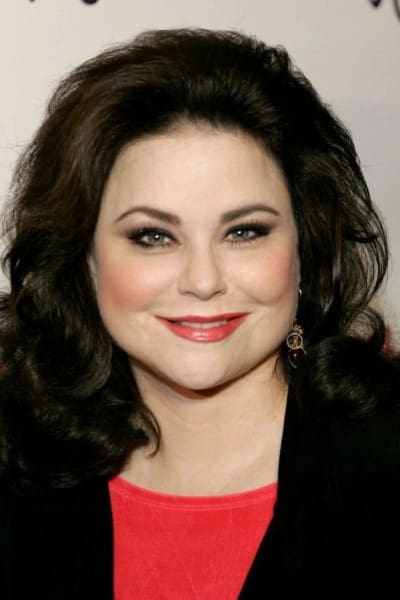
After becoming a popular star on ‘Designing Women,’ Delta Burke asked for a raise and improved work environment. Unfortunately, her relationship with the show’s producers worsened, and she was ultimately fired at the end of the season.
The show’s new season added fresh faces and shifted the focus of existing storylines to the remaining main characters. This situation highlighted a common pattern in network television: problems at work often coincide with disagreements over pay.
John Schneider

When John Schneider asked for a raise and a cut of the profits from ‘The Dukes of Hazzard’ merchandise during a contract disagreement, the show’s producers decided to continue filming without him after negotiations failed.
When negotiations with a lead actor stalled, the show’s producers brought in temporary replacements to ensure filming continued and advertising deadlines were met. Although a deal was eventually reached to bring the original actor back, the season highlighted how easily a television studio can swap out main cast members during a payment dispute.
Tom Wopat
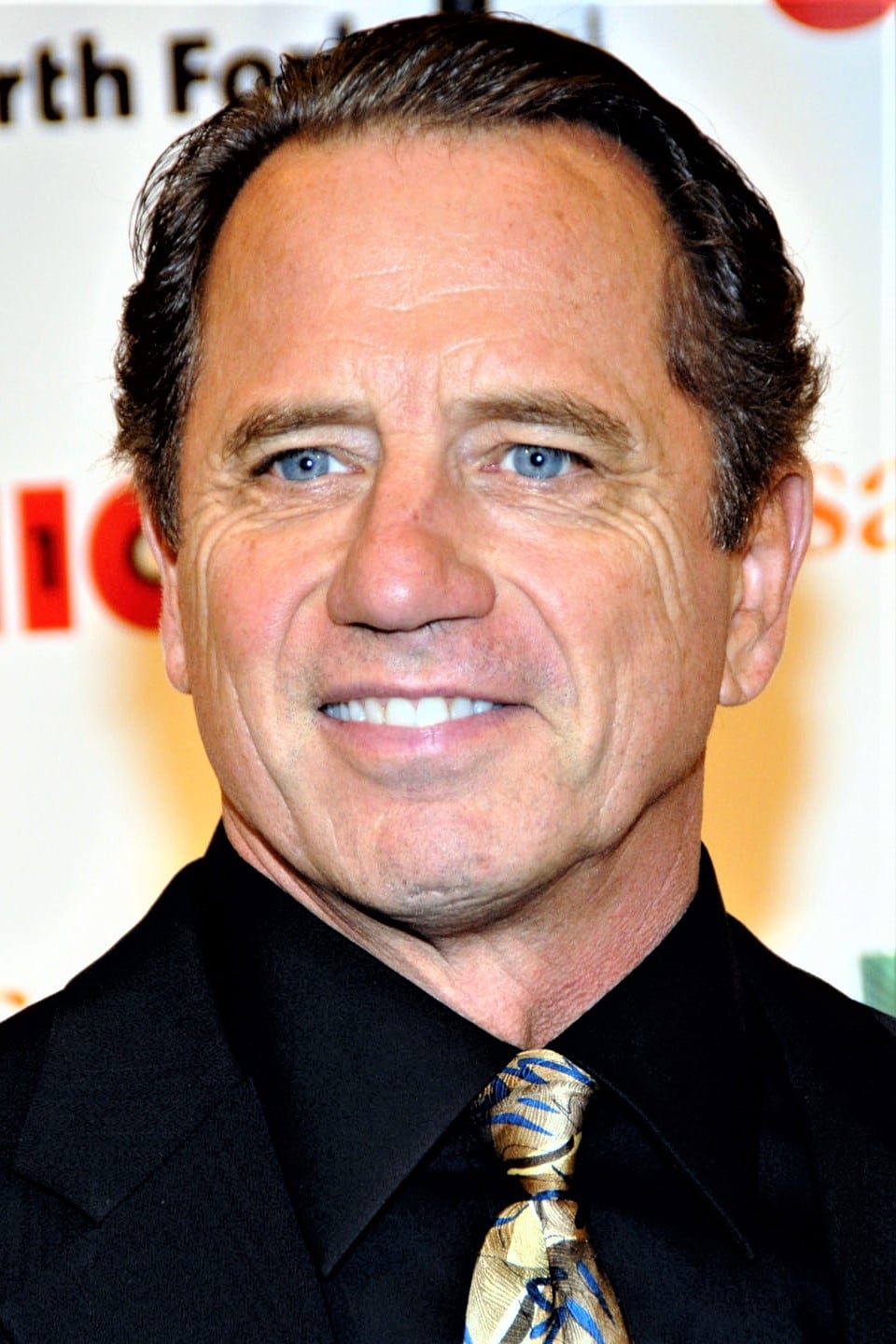
Tom Wopat faced the same issues as John Schneider regarding pay and profits from ‘The Dukes of Hazzard’. When both actors left the show, producers quickly brought in actors who resembled them to keep new episodes on schedule.
Honestly, once they sorted things out with Wopat, the show finally felt right again. That whole situation is a perfect example of how disagreements over things like merchandise money can cause big contract problems – sometimes even more so than just arguments about weekly pay. It really stuck with me as a fan!
Austin St. John

When ‘Mighty Morphin Power Rangers’ became popular, Austin St. John requested better pay and benefits similar to those offered by unions. When those discussions didn’t lead to an agreement, the show’s producers removed him, but continued with the same team of color-coded Rangers.
The series introduced a new Red Ranger and a new main character. This highlighted how popular kids’ action shows often depend more on recognizable branding and costumes than on any particular actor, especially when budgets and production schedules are limited.
Thuy Trang

Thuy Trang participated in a cast effort to negotiate higher salaries on ‘Mighty Morphin Power Rangers.’ When those negotiations failed, the show replaced her as the Yellow Ranger to avoid delaying production and keep up with their fast filming schedule.
When a new actor took over, the show continued without missing a beat. This highlighted how action series made for syndication can adapt rapidly because they often have a large number of episodes already funded.
Walter Emanuel Jones

Walter Emanuel Jones, who played the Black Ranger on ‘Mighty Morphin Power Rangers,’ also asked for a raise along with the rest of the cast. When negotiations failed, he left the show, and another actor quickly took over the role with very little interruption to filming.
Quick edits and repeated audio helped smooth the changeover as the new team stepped in. This showed the production prioritized meeting deadlines and securing rights over revisiting the original payment agreements during the season.
Charlie Sheen
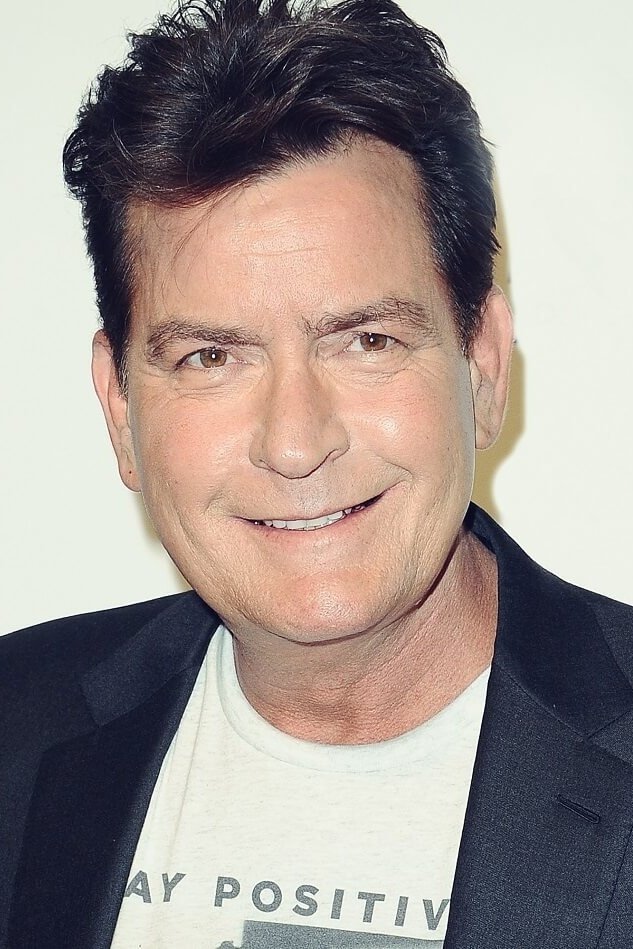
After years of being television’s highest-paid actor on ‘Two and a Half Men,’ Charlie Sheen began discussing a raise. When disagreements arose regarding his salary and behavior, the studio fired him and temporarily stopped making the show to allow for a fresh start.
The show came back with Ashton Kutcher and a new direction for its final episodes. The situation highlighted how even highly paid stars can be let go if they ask for more money and are also facing problems behind the scenes.
Maggie Roswell

Maggie Roswell asked for a raise on ‘The Simpsons’ to cover her commuting expenses. When the show wouldn’t increase her pay, they replaced her and reworked the storylines of the characters she played.
Advances in technology and evolving industry language created an opportunity for her comeback. The project demonstrated how fair pay, efficient organization, and the possibility of working from home are all crucial elements in the world of ongoing animated series.
Rob Morrow
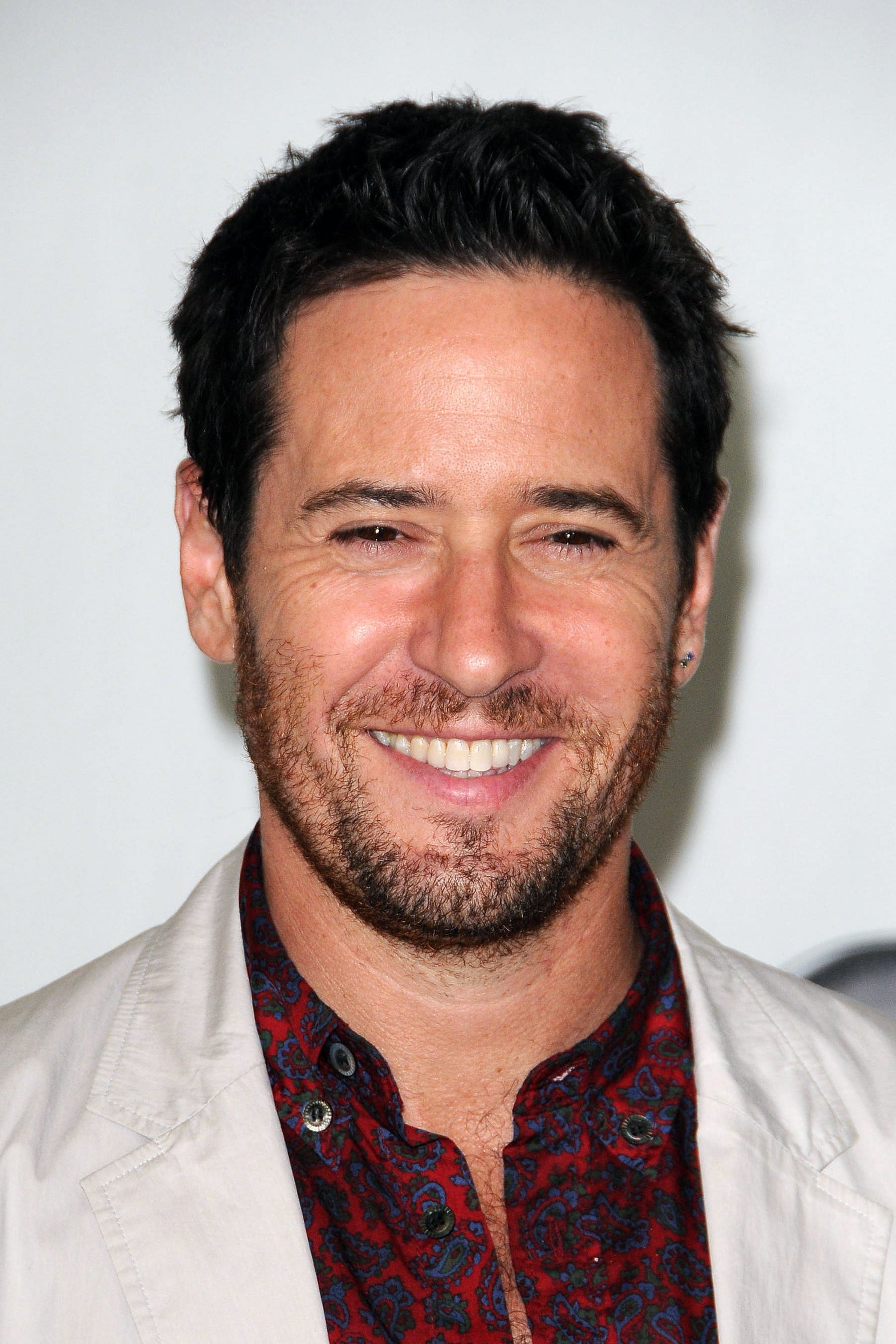
As ‘Northern Exposure’ became more popular, Rob Morrow requested a contract that better recognized his importance to the show. When negotiations failed, he left the series, and the producers continued with the show by changing the storylines.
The storyline shifted with new characters and events to try and improve viewership. This change also showed how a television studio manages costs and protects its budget per episode, even when a main actor requests a higher salary during production.
David Caruso

Following a successful first season on ‘NYPD Blue,’ David Caruso asked for a significant raise. When negotiations stalled, he departed the show, and the remaining cast members stepped up to keep it going.
To maintain the show’s success, producers highlighted other characters and created a new romantic pairing. The situation became a well-known example in the television industry of how crime shows handle an actor leaving due to salary disagreements.
Cote de Pablo

When Cote de Pablo’s contract with ‘NCIS’ came up for renewal, her team asked for better terms after she had become a central figure on the show. Unable to reach an agreement, the producers wrote her character, Ziva, off the show and adjusted the remaining cast to maintain their usual number of episodes.
The character reappeared in later seasons through various deals. This demonstrated that even a popular TV drama can survive contract disputes by adjusting storylines and bringing characters back gradually with new agreements.
Share your thoughts on which of these exits changed a show or franchise the most in the comments.
Read More
- Gold Rate Forecast
- 2025 Crypto Wallets: Secure, Smart, and Surprisingly Simple!
- HSR 3.7 story ending explained: What happened to the Chrysos Heirs?
- The 10 Most Beautiful Women in the World for 2026, According to the Golden Ratio
- ETH PREDICTION. ETH cryptocurrency
- The Labyrinth of Leveraged ETFs: A Direxion Dilemma
- ‘Zootopia+’ Tops Disney+’s Top 10 Most-Watched Shows List of the Week
- The Best Actors Who Have Played Hamlet, Ranked
- Here Are the Best TV Shows to Stream this Weekend on Paramount+, Including ‘48 Hours’
- Uncovering Hidden Groups: A New Approach to Social Network Analysis
2025-09-28 17:17